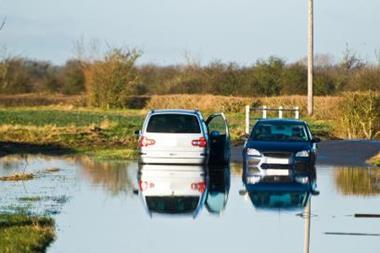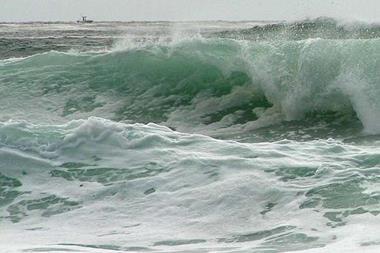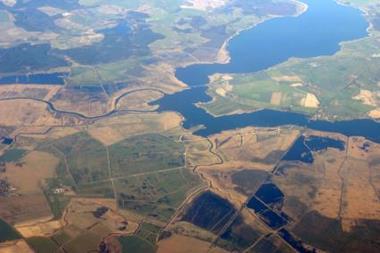A new scientific study of the wet summer of 2007 has confirmed that the floods were a very singular event
A new scientific study of the wet summer of 2007 has confirmed that the floods were a very singular event and does not support the idea that the exceptional river flooding was linked to climate change.
This conclusion is contained within a report carried out by scientists from the Centre for Ecology & Hydrology.
The new report brings together both flood and meteorological data and systematically breaks down the series of events leading to extensive river flooding, which had no close modern parallel for the June-August period across the UK.
Lead author, Terry Marsh, commented: “The river floods of summer 2007 were a very singular episode, which does not form part of any clear historical trend or show consistency with currently favoured climate change scenarios.”
“The exceptional river flooding last summer fuelled speculation that flood risk is increasing due to global warming. Due to the inherent variability of the UK climate, any extreme hydrological event cannot readily be linked directly to climate change.
Lead author, Terry Marsh
Marsh added: “The exceptional river flooding last summer fuelled speculation that flood risk is increasing due to global warming. Due to the inherent variability of the UK climate, any extreme hydrological event cannot readily be linked directly to climate change.”
The new research recognises that the 2007 flooding was remarkable in its extent and severity and truly outstanding for a summer event. River flows in many areas exceeded the design limits of many flood alleviation schemes. Rainfall amounts and intensities led to urban drainage systems being overwhelmed in a number of areas. This underlines the UK’s continuing vulnerability to climatic extremes, but long-term rainfall and river flow records confirm the exceptional rarity of the hydrological conditions experienced in 2007.
Marsh continued: “Extreme flooding in the UK is historically rare but vulnerability to flooding has increased markedly as a consequence of floodplain development. This is despite increased resilience to flood risk through improved flood alleviation strategies and more sophisticated flood warning capabilities.”




















No comments yet